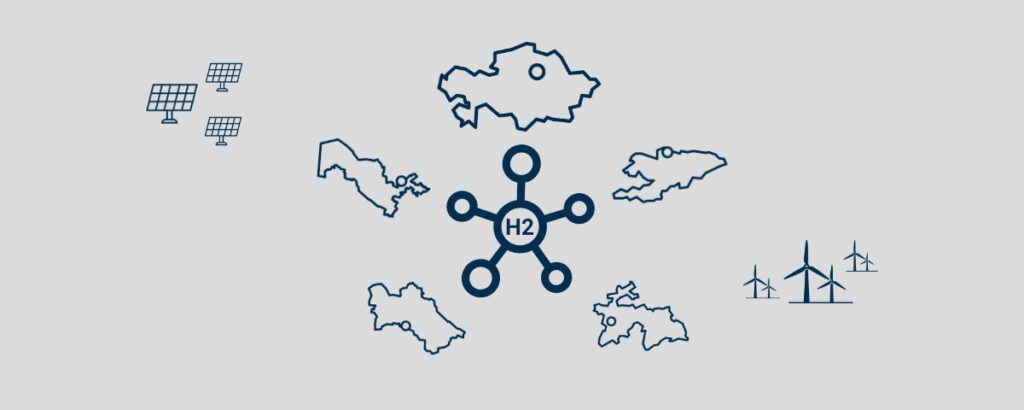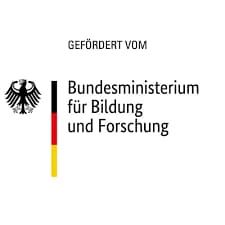HyRECA – Study on the production potential of green hydrogen in Central Asia and establishment of a research network

Project description
In this project, the RLI is establishing a research network together with partner organizations to investigate the potential of green hydrogen in gaseous state (GH2) in Central Asia. For this purpose, institutes from Germany and the region are conducting research together with NGOs on the topic from a technical, ecological and socio-economic perspective. The project team is preparing a study on the production and use of GH2 in Central Asia and its export to Germany. In addition to the opportunities and challenges, the scientists are also investigating the effects of hydrogen production on ecosystems, climate and society in the region.
Exploring the potential of GH2 from renewable energies
Previous strategies to promote a hydrogen economy in Central Asia have paid little attention to the production of GH2 based on renewable energies. The potential has not yet been sufficiently scientifically investigated, or only in a regionally limited way. This project therefore aims to clarify whether the existing natural resources and energy infrastructure are sufficient for the production of GH2 with renewable energies and whether sustainability criteria (e.g. adapted water consumption) can be met in the process. Furthermore, the project team investigates the effects of GH2 production for the strengthening and decarbonization of national energy systems and how this can strengthen regional cooperation.
Central Asia as a potential partner region
Central Asia is a promising partner region from which GH2 could be imported to Germany. Several favorable conditions for the production of the energy carrier come together there. There is a high potential of renewable resources (solar, wind and hydropower), the generation costs for renewables are low, fresh and seawater is available, the scientific and technical know-how is available and there is an existing gas pipeline infrastructure through which GH2 could be transported. Important countries in Central Asia, such as Kazakhstan and Uzbekistan, have already announced strategies to promote a hydrogen economy and there are initial collaborations between Germany and countries in this region.
Project period: January 2023 – December 2024
Tasks
- Analysis of scientific literature on GH2 in Central Asia
- Organization of different exchange formats in Central Asia
- Establishment of a research network consisting of German and Central Asian research institutes and NGOs
- Preparation of a study on the GH2 generation potential based on renewable energies in Central Asia







